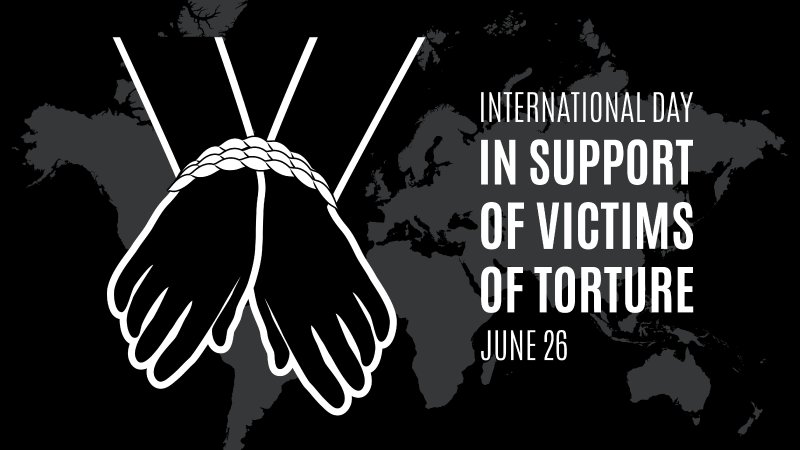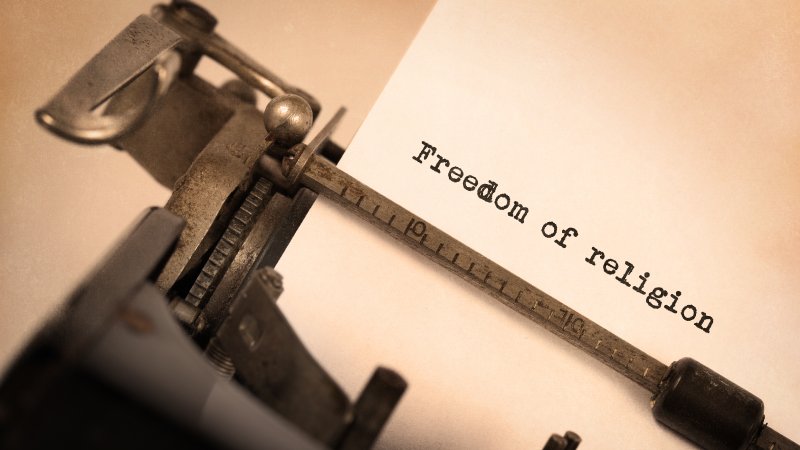
-
HOME
-
WHAT IS STANDOur Mission Our Values Our Help Contact
-
WHAT WE FIGHT FORReligious Freedom Religious Literacy Equality & Human Rights Inclusion & Respect Free Speech Responsible Journalism Corporate Accountability
-
RESOURCESExpert Studies Landmark Decisions White Papers FAQs David Miscavige Religious Freedom Resource Center Freedom of Religion & Human Rights Topic Index Priest-Penitent Privilege Islamophobia
-
HATE MONITORBiased Media Propagandists Hatemongers False Experts Hate Monitor Blog
-
NEWSROOMNews Media Watch Videos Blog
-
TAKE ACTIONCombat Hate & Discrimination Champion Freedom of Religion Demand Accountability
Tell Someone. And Get Them to Tell Someone Else.
It has been said that if one person told someone about something, and then the next day that second person told someone else, and then they each told someone else—just one person sharing that thing with another person every day—then within six years every person in the world would know about it.
Six years.
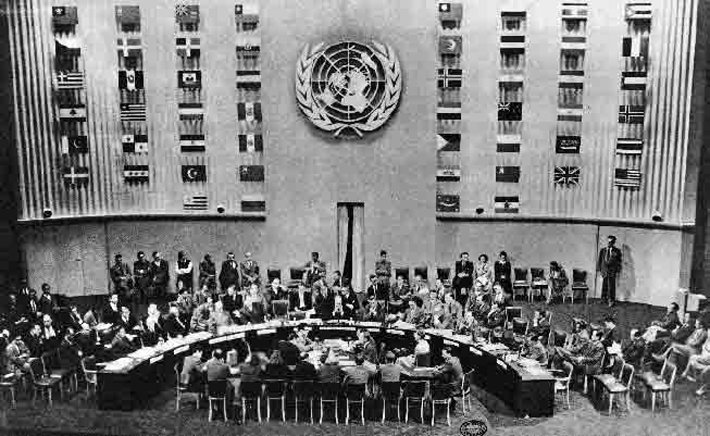
The Universal Declaration of Human Rights was adopted by all member nations in December of 1948. If everyone had started talking about it in 1948, then, by now, everyone in the world would have been informed of their human rights 11 times over.
If you had been told something 11 times by 11 different people, you might start to think there was some truth in it.
But people have not been told. Some not even once, let alone 11 times.
There are millions of people all over the world who do not even know what “human rights” are.
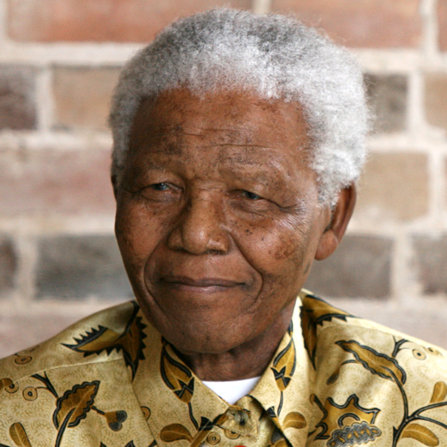
Nelson Mandela said, “To deny people their human rights is to challenge their very humanity.”
That means—very simply—that if we deny a human being their human rights, no matter who they are, then we are refusing to accept that they are human.
I raise this lack of awareness about human rights in light of the very recent release of the annual report on religious freedom by the United States Commission on International Religious Freedom (USCIRF). The USCIRF report is a 243-page document that outlines the United States’ attitudes, opinions, projections and recommendations for dealing with issues surrounding religious freedom.
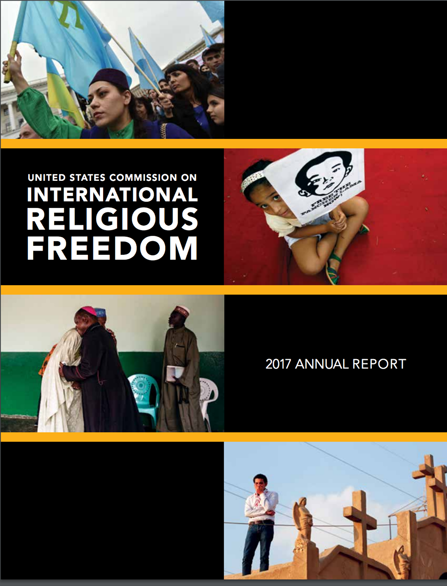
On a conference call with reporters on April 26, 2017, Father Thomas Reese, chair of the U.S. Commission on International Religious Freedom, said, “It’s a kind of fatigue that people get on these kinds of issues, that ‘they’re happening everywhere and what can you do?’”
He went on to say that any violation of freedom of religion “is something that impacts people on a very fundamental level. It’s human beings that are in jail, it’s human beings that are being tortured and persecuted. Religious beliefs are at the core of who we are and our identity as persons.”
The USCIRF report clearly states that violations of religious freedom have increased “in both depth and breadth” during the previous year, not only in flagrant examples of “attempted genocide” and “wholesale destruction of places of worship,” but also in far more subtle and insidious ways that include registration laws for religious minorities, government harassment of religious minorities in the name of “national security” and restrictive laws on association.
What is being missed here—and what always seemed to be missed when confronting issues of racism, religious intolerance, bigotry, persecution and the oppressive tyranny that has plagued the human race since time immemorial—is that we are even in a situation where such matters have to be raised, where debates have to be initiated, where commissions and councils have to be formed and reports have to be published.
We are the human race. We are the peoples of Earth. We have multiple nationalities and endless cultures, each of which is different and unique and extraordinary in its own right.
The fact that we even have to find a “solution” to why we cannot coexist beggars belief.
And yet we do. There are those who have fought on the frontline, and will continue to fight, for they understand that constant alertness and a constant willingness to stand up for what they know is right and fair and equitable is the only way to ensure that human rights are maintained. A human right is a human right, “a moral or legal entitlement to have or do something.” It is something that should be known, understood and taken for granted. So much so that it should never need to provoke a reminder, let alone any degree of enforcement.
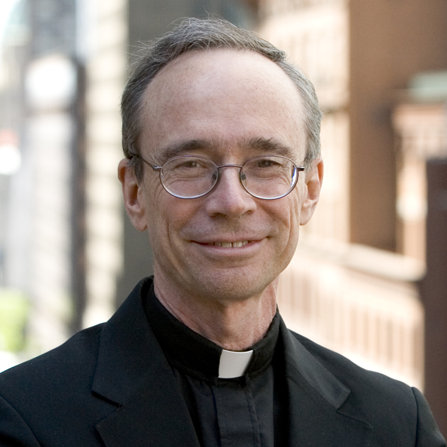
- Father Thomas J. Reese, chair, U.S. Commission on International Religious Freedom
And so we return to the words of Father Reese when he said, “It’s a kind of fatigue that people get on these kinds of issues, that ‘they’re happening everywhere and what can you do?’”
It is our duty, our crusade, to educate, inform, enlighten and enforce human rights the world over for every man, woman and child, no matter their race, color, creed, religious affiliation, no matter their politics or personal opinion.
Religious freedom is religious tolerance; it is religious acceptance. More than that, religious freedom—as an integral and indivisible part of our basic human rights—is a recognition that we are each as human as one another. Our beliefs not only bind us together, but they serve to open our hearts and minds to the very questions of life itself.
To deny another their religious freedom is to deny them their humanity.
We are the human race. We are the peoples of Earth. We have multiple nationalities and endless cultures, each of which is different and unique and extraordinary in its own right. The fact that we even have to find a “solution” to why we cannot coexist beggars belief.
Surely, if we—as the human race—are to have any future at all, then our first and foremost action should be to recognize that we are all the same, and that we succeed or perish together.
Your human rights, the rights we all have, are no secret. They are there for all to understand and enjoy. If you are uncertain of them, take the time to find out. You might be surprised how few of them are applied in our day-to-day lives.
And then tell someone. And ask them to tell someone else.
The world is changed not by force or threat. The world is changed by ideas.
Human rights are the most important and fundamental ideas of all.
Photos by: Alessia Pierdomenico / Shutterstock.com






